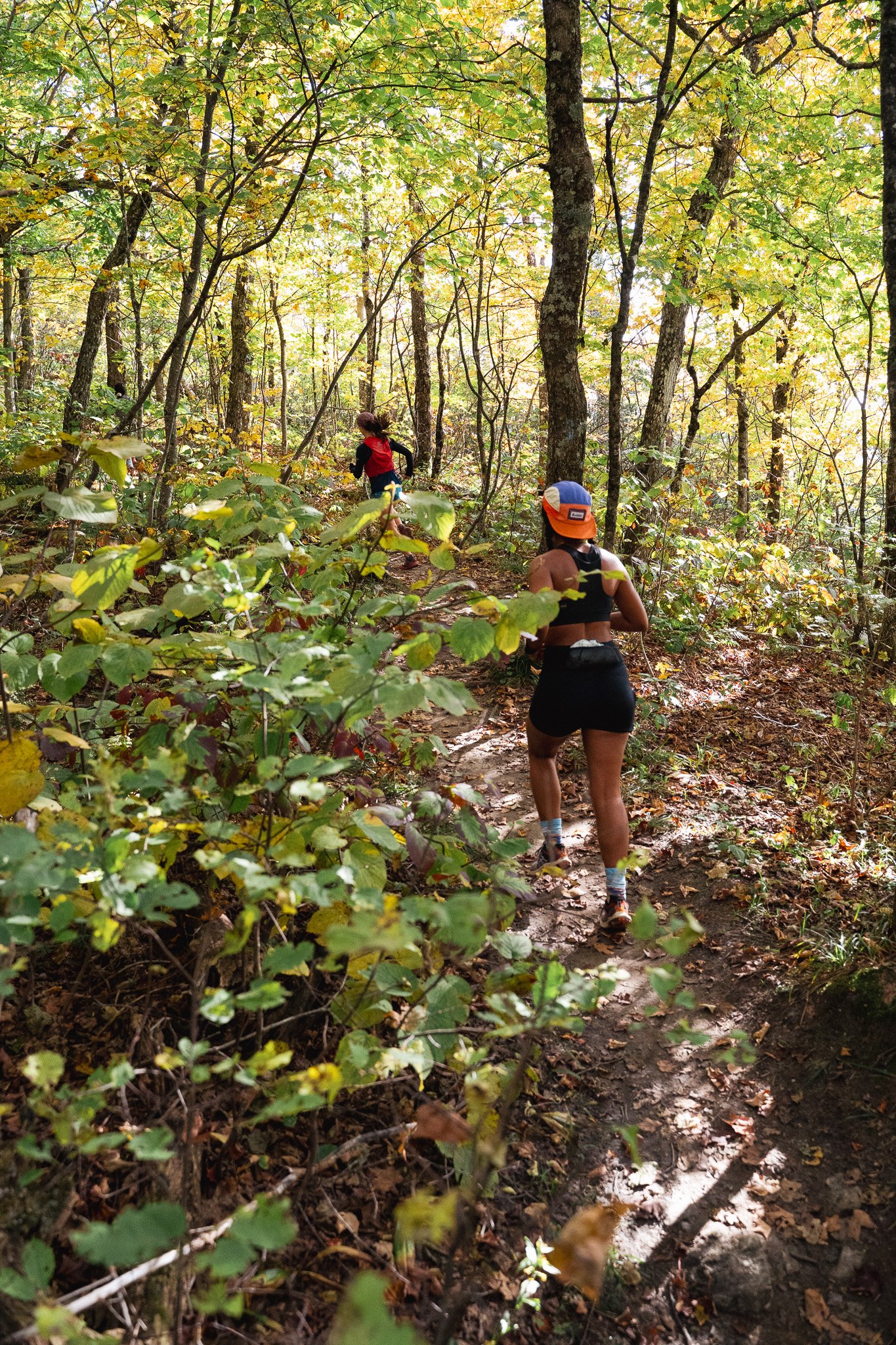Environmental Privilege
Photo by Ryan Thrower
No one wants to name the environmental privileges they hold because no one wants to give up power or privilege. But this is exactly where we need to start: what environmental privileges do you have? Where does your food come from? Where does your water come from? Where does your energy come from? Who are you taking them from? How can you give them back?
Photo by Majell Backhausen
One of the reasons environmental racism works so well is because we can’t pinpoint its source. When environmental movements like Not In My Backyard (NIMBY) began to thrive, we did not solve environmental problems, we simply moved them out of sight and into the neighborhoods of marginalized communities.
Sociologist Lisa Sun-Hee Park defines environmental privilege as “the exercise of economic, political, and cultural power that some groups enjoy, which enables them exclusive access to coveted environmental amenities such as forests, parks, mountains, rivers, coastal property, open lands, and elite neighborhoods”. The key word here is exclusive.
Environmental privilege relies on hoarding resources that some would argue to be basic human rights: access to open spaces, clean air, clean water, clean energy, and organic foods. Sun-Hee Park argues that environmental racism and environmental privilege are two sides of the same coin; we cannot have one without the other.
I live in one of the most environmentally privileged towns in America. Everything is protected; we have a non-profit for virtually every animal, plant, or river in the valley. As a result, all of our food and energy comes from somewhere else. I used my privilege to move to a town like this so I could have access to beautiful trails that help me build my athlete career and bring me joy and healing. Yet, the more time I spend in “protected wilderness”, the more it feels like a land of smoke and mirrors. I know my existence has an ecological impact, but I don’t feel the repercussions. So where is this impact really going?
One of the reasons environmental racism works so well is because we can’t pinpoint its source. When environmental movements like Not In My Backyard (NIMBY) began to thrive, we did not solve environmental problems, we simply moved them out of sight and into the neighborhoods of marginalized communities.
The movements behind the Clean Air and Clean Water Acts didn’t actually produce more clean air or water, they just moved the dirty and hazardous conditions somewhere else. This problem began in communities like yours: white affluent communities who believe they are more deserving of clean nature spaces. Exclusive mountain towns are the root cause of environmental racism because they are the birthplace of environmental privilege. They are the source that creates the demand.
Photo by Ryan Thrower
If your food or energy are coming from somewhere else, they are also being taken from someone else. That someone else is often BIPOC communities whose resources are exploited and extracted for those with environmental privilege to enjoy. There are hands that touch your produce, there are migrant farmworkers that harvest it, put it on trucks, and carry it across miles to be delivered to your grocery store or doorstep. This happens on local, national, and global scales.
For example, if you are enjoying crisp clean mountain air, someone somewhere is living next to a landfill or fracking site. If you are going for a hike in an old growth forest, someone somewhere is watching the last of their trees get knocked down so you can have wood and paper. You can’t have one without the other. If it’s not happening in your backyard, it’s happening somewhere else.
“These aren’t accidents or disasters, this is a system of power and oppression working as designed to maintain your privilege at our expense. ”
Now, those of us who hold environmental privilege live in a constant state of disconnection. Because we can’t see our environmental impact locally, it’s easier for us to allow the social, cultural, and ecological devastation that it creates.
Remember, if you feel a need to get defensive or protect your “quality of life” after reading this, you are also saying you want to perpetuate someone else’s poor quality of life in order to disproportionately benefit from an inequitable system. I think we can all do better.



